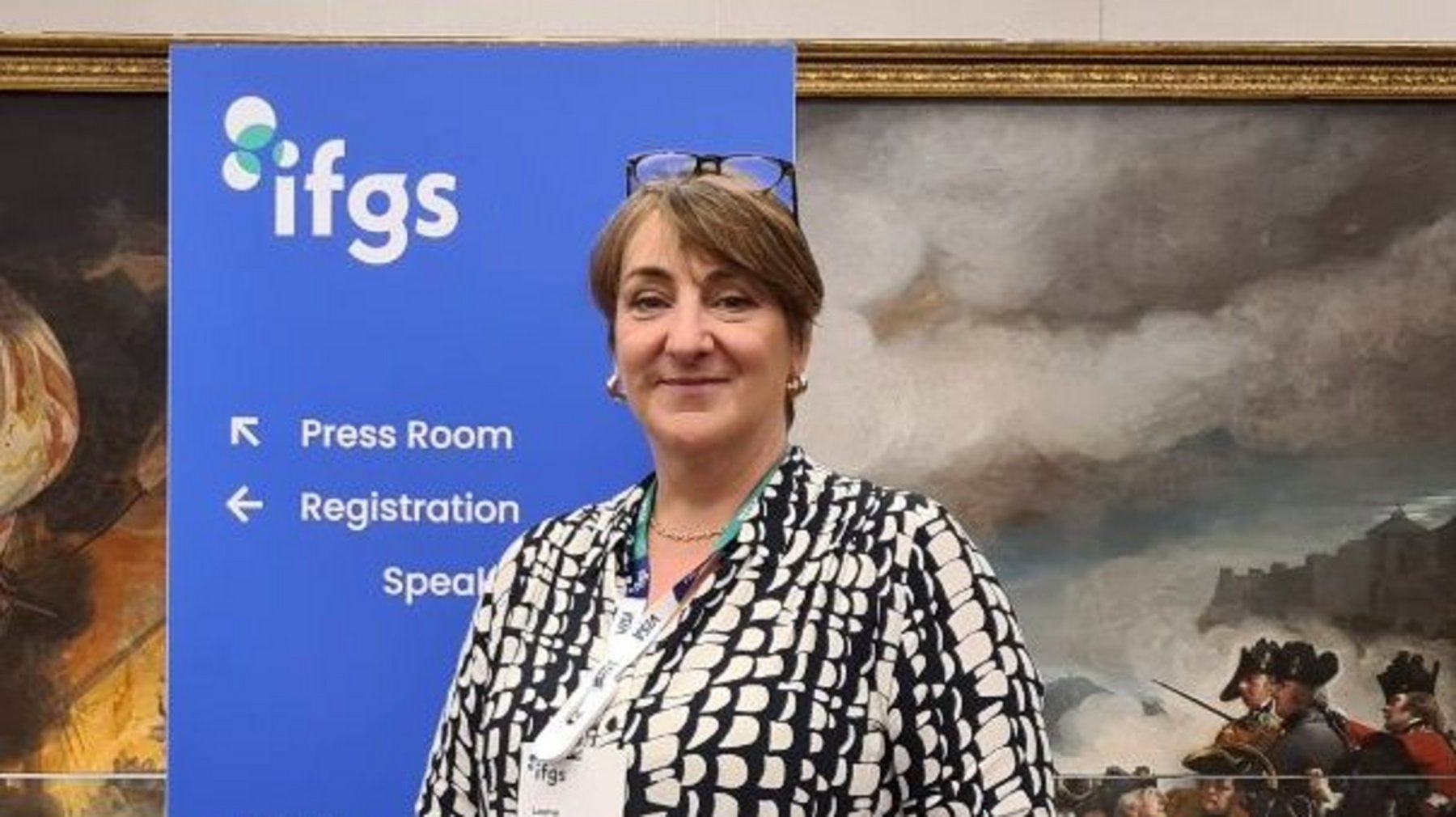Steve McNew delves into crypto and NFT security at Money20/20
Steve McNew, a globally recognized blockchain and digital asset investigator, provides a rare insight into the twisted maze of crypto fraud and disputes at Money20/20, the world’s preeminent fintech event.
Cryptocurrencies have always been shrouded in an air of mystery from their mysterious origins. As these digital assets infiltrate the mainstream, the shadows extend further into the gray areas of crime and legality.
At the heart of McNew’s discourse is an intriguing puzzle – how do you track transactions in an ecosystem designed for anonymity?
The rise of cryptocurrency has added an innovative but challenging dimension to asset management. The absence of a centralized system adds a watertight layer of security, but at the same time makes tracking fraudulent activities an unwieldy task.
But all is not lost in this elusive maze. McNew’s firm, FTI Consulting, has established a digital asset lab with an impressive array of forensic blockchain tools. The purpose? To track transactions on the chain and detect anomalies in the crypto ocean.
Each tool adds a new perspective, validates its predecessor’s results, and fills in gaps in the data—a formidable, multi-pronged approach to solving digital puzzles.
The blockchain fortress: impregnable but not indomitable
In an enlightening revelation, McNew emphasizes that despite the spate of fraud incidents, the very backbone of the cryptocurrency world – the blockchain – has remained impregnable.
Its iron-clad architecture has withstood countless attempts at compromise. However, he is quick to note that the devices built on this solid foundation – smart contracts, decentralized finance (DeFi) platforms and exchanges – are often vulnerable to exploitation.
Interestingly, these points of vulnerability, which often become conduits for fraud, are not inherent flaws in blockchain technology. Instead, they reveal the lapses in human implementation and the relentless ingenuity of those intent on manipulation.
Loosening the ties with NFTs
The crypto universe is not limited to bitcoins (BTC) and altcoins. Non-fungible tokens (NFTs) have been in the limelight recently, not always for the right reasons.
McNew recounts an eyebrow-raising tale of a company’s cryptocurrency that mysteriously evaporates, only to reappear in the wallet of its executive, hidden in a throng of NFTs.
This narrative emphasizes a grim reality: Theft is no longer about taking and running; it’s about taking, hiding and then discreetly enjoying the loot.
The challenge was to determine the NFT’s value, financial benefits accrued and the shady transactions that slipped under the radar. In McNew’s words, it’s a curious question of “what the hell is it worth?” when dealing with NFTs related to illegal crypto activities.
NFTs thus represent a new frontier for digital asset fraud that requires an in-depth understanding of the NFT ecosystem.
Resolving disputes over digital assets
Navigating the labyrinthine world of cryptocurrency scams is an endeavor that goes beyond simply exposing the scam. It imposes the difficult task of resolving subsequent legal disputes.
Imagine Sherlock Holmes for the digital age, blockchain users, whose clues are encrypted transactions and suspects.
This image is a fair representation of the challenges faced by crypto-investigators like McNew, who has testified in over 170 cases involving blockchains and digital assets. His task is not just to solve puzzles, but to establish legal accountability in a realm where millions can evaporate into the ether.
The complexity of these cases lies not only in the technical understanding of blockchain technology, but also in the often unclear interpretation of the law in this rapidly evolving landscape.
What complicates matters is that these digital fraudsters need help to operate. As McNew emphasizes, their operations are intertwined in vast networks, with a chain of transactions leading to a series of victims.
The so-called “romance scam” or “pig slaughter scam” is the most widespread among the many scams they orchestrate. Here, fraudsters manipulate victims’ emotions to steal their crypto assets. Uncovering these frauds requires investigators to map transaction patterns to define the parties involved and outline the scope of the fraud.
McNew ventures further into the abyss of crypto scams, introducing us to the elusive “peel chains” strategy. As cryptic as it sounds, this tactic is a method by which fraudsters gradually drain small amounts from their ill-gotten gains, making detection difficult.
Tackling this challenge requires a multifaceted analysis that explores diverse wallet transactions, identifies ownership of multiple private wallets, and traces these diverse items back to a single owner.
While fraught with technical intricacies and legal ambiguities, the cybercrime sphere is kept in check by the dedicated pursuit of justice by experts like McNew, to ensure that the fast-growing realm of digital assets does not descend into an uncontrollable Wild West.
How to reduce crypto fraud in the future
McNew’s riveting stories venture into the confusing realm of crypto fraud, highlighting that these complexities, while challenging, are not insurmountable obstacles.
Indeed, this intricate journey through a maze of cryptic paths and hidden tracks is essential to maintaining justice in the new frontier of digital finance.
As you navigate this vast, digitized landscape where assets and identities are cryptographically cloaked, the pursuit of truth becomes an intricate chess game against elusive opponents.
Yet this same challenge spurs investigators, driven by insatiable curiosity, technological understanding and a keen eye for detail.
As McNew’s narratives reveal, the crypto universe continues to evolve and adapt, with problem-solving strategies evolving in step with new complexities. The future of digital currencies is a dance between fraud and dissolution, making it a compelling and evolving field for exploration.


